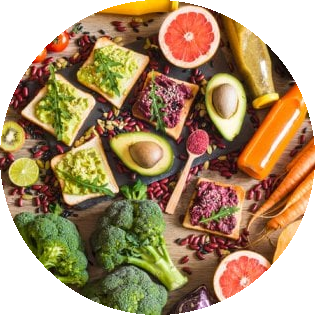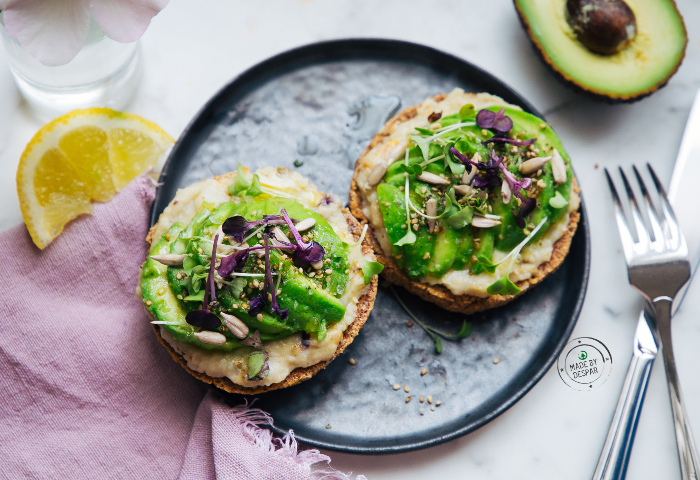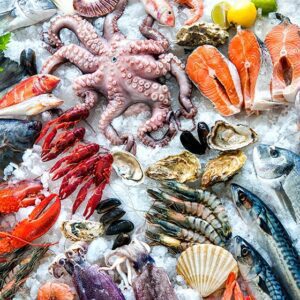The vegan or vegan diet is a diet that totally excludes products of animal origin.
A well-planned and balanced vegan diet is suitable for meeting all nutrient recommendations at every stage of human life.
Vegan diets tend to be higher in dietary fiber, magnesium, folic acid, vitamin C, vitamin E, iron and phytochemicals and lower in dietary energy, saturated fat, cholesterol, long-chain omega-3 fatty acids, vitamin D , calcium, zinc and vitamin B12.
Since plant foods do not provide vitamin B12 (which is produced by microorganisms such as bacteria), researchers agree that those following a vegan diet should eat B12-fortified foods or take a dietary supplement.
The American Academy of Nutrition and Dietetics (formerly known as the American Dietetic Association), Dietitians of Canada and the British Dietetic Association state that well-planned vegan diets can meet all human nutritional needs and are appropriate for all stages of life, even during pregnancy, lactation, infancy, childhood and adolescence, while the German Nutrition Society does not recommend vegan diets for children, adolescents or during pregnancy and breastfeeding.
The American Academy of Nutrition and Dietetics adds that well-planned vegan diets are also suitable for seniors and athletes, and that vegan diets can reduce the risk of certain health conditions, such as cancer.
In this menu you will find 4 courses:
Appetizers:
Cold mashed purple potatoes and avocado
Stuffed zucchini
Main dish:
Vegetables lasagna
Dessert:
Buckwheat and almond cake
In addition, in every recipe you will find the pairing with the wine best suited to the dish and advice or curiosity about the realization.













